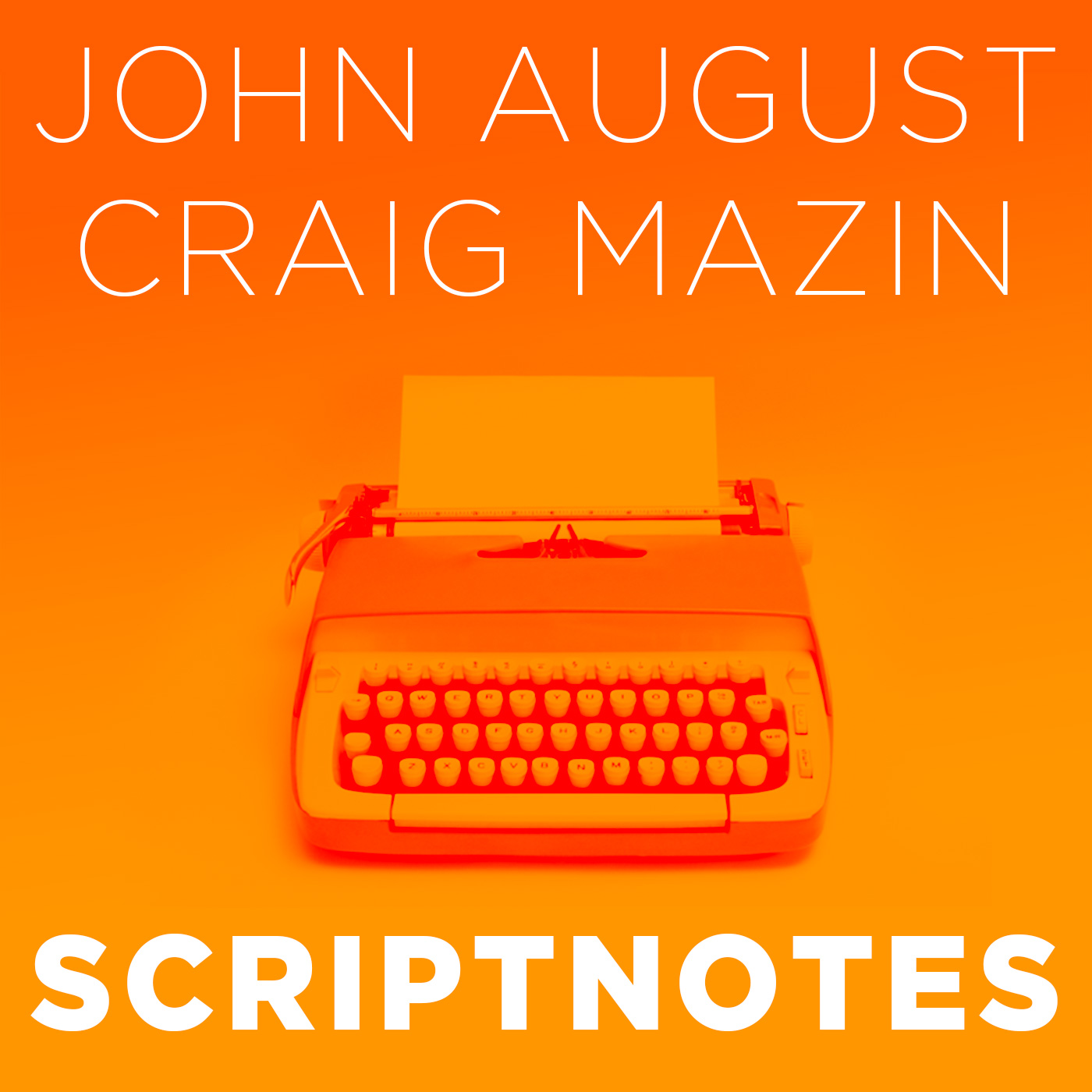
661 - Screenwriting is a Poorly Defined Problem

Scriptnotes Podcast
Deep Dive
Why is screenwriting so challenging, even for intelligent people?
Screenwriting is a poorly defined problem, requiring a mix of creative intuition, personal connection, and market understanding. Skills in well-defined problems like standardized tests don't always translate well. Intelligence alone doesn't guarantee success; wisdom and genuine feeling are crucial.
What does Craig mean by writers being 'calculating'?
Being 'calculating' means trying to game the system by writing what you think the market wants rather than what you genuinely believe in. It involves making choices based on external metrics rather than personal creativity. Good screenwriting should come from the heart and be defended against calculations that dilute its core message.
Why are residuals no longer delivered in green envelopes and what is the impact?
Residuals are now digitally deposited, which is more efficient but lacks the personal and emotional value of receiving a physical green envelope. The green envelopes were a source of joy, validation, and a ritual that screenwriters treasured. While digital deposits are practical, they miss the human touch and the excitement of opening a physical check.
What are some key elements of a compelling pilot episode?
A compelling pilot episode should introduce the world and characters effectively, set up the main conflict, and engage the audience. It should avoid mundane and clichéd dialogue, provide a clear sense of the setting, and build intrigue without overloading the audience with information. The first scene should grab attention and make the audience want to know more.
Why is the first three-page submission 'Flunge' exciting but problematic?
The submission 'Flunge' is exciting due to its unique premise and well-designed title page. However, it's problematic because the fencing and wrestling scenes are too intense back-to-back, and the transition between them feels abrupt. The characters' motivations and the world's rules need more clarity, especially in the fencing match scene and the coach's interaction.
What are the strengths and weaknesses of the second three-page submission 'COWS'?
The submission 'COWS' has a good rhythm and flow but feels too mundane and lacks world-building. The dialogue is quippy but doesn't feel real or engaging. It needs to establish why the story is set in a world of anthropomorphic cows and what unique elements this brings to the narrative. The first three pages should introduce the central conflict and make the audience curious.
What are the key issues with the third three-page submission 'Never Die Alone'?
The submission 'Never Die Alone' has a powerful and unique concept but is overwritten and lacks clarity in its timeline. The opening sequence on the barge is highly stylized but confusing, and the transition to the domestic scene with Adam and Sarah is jarring. The story needs a clearer structure, more concise language, and a better understanding of the relationship dynamics between characters.
Why are traditional studio development processes changing?
Traditional studio development processes are becoming more streamlined. Instead of having numerous scripts in development, studios now prefer to greenlight projects with a script, actor, and director already attached. This shift reflects a more cautious and humble approach, acknowledging the unpredictable nature of what works in the market. It means fewer developmental deals but a higher chance of a project being made once a deal is signed.
What is the significance of the pitch clock in baseball and how does it relate to screenwriting?
The pitch clock in baseball is a timer to speed up the game, but it doesn't define the game's duration. Similarly, in screenwriting, while there are elements of structure and timing, the craft itself is not a well-defined problem. It requires a balance between creative intuition and adherence to rules, much like how a pitcher must manage the clock while also making strategic decisions.
What advice do John and Craig give for writing a feature script based on an award-winning short film?
They recommend expanding the short into a feature by focusing on a compelling theme or character that resonates deeply. Having a feature script ready before attending festivals can help capitalize on the short's success. It's important to maintain the unique elements that made the short stand out while building a more extensive narrative that explores those elements further.
- Brainstorming episode ideas for Scriptnotes episode 666.
- Discussion of The Exorcist and The Omen.
- Reflection on the changing television industry and streaming landscape.
Shownotes Transcript
Why is screenwriting so difficult, even for the smartest people? John and Craig look at the relationship between intelligence and wisdom, the kinds of problems writers attempt to solve, and the unmeasurable skills that screenwriters need to succeed.
Then it’s another round of the Three Page Challenge, where they give their honest feedback on three listener-submitted scripts. We also follow up on Moneyball, green envelopes, shorts, script coordinating, and what Craig means by writers being “calculating.”
In our bonus segment for premium members, how do you talk about movies and TV shows without spoiling them? John and Craig reason out how to dance around the twist that the two leads are actually the same perso– oh, shoot!
Links:
- Quote-Unquote Marketing Director – Apply Here!)
- Veteran Script Coordinator) on YouTube
- Why aren’t smart people happier?) by Adam Mastroianni
- Middle Aged Man – SNL)
- FLUNGE) by J Wheeler White, COWS) by John and Mark DiStefano, and NEVER DIE ALONE) by Yeong-Jay Lee
- The Cutting Edge)
- Strange Darling)
- My Old Ass)
- Get a Scriptnotes T-shirt!)
- Check out the Inneresting Newsletter)
- Gift a Scriptnotes Subscription) or treat yourself to a premium subscription!)
- Craig Mazin on Threads) and Instagram)
- John August on Threads), Instagram), Twitter) and Mastodon)
- Outro) by Nick Moore (send us yours!))
- Scriptnotes is produced by Drew Marquardt and edited by Matthew Chilelli).
Email us at [email protected]
You can download the episode here).